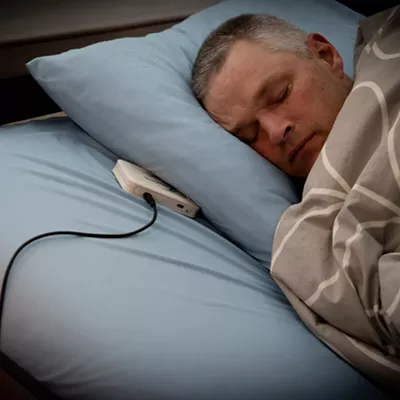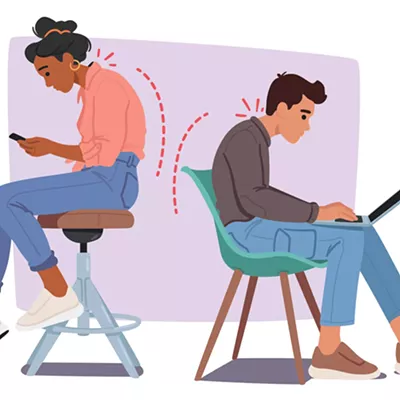The search for the “holy grail” of insomnia continues. Every few years a new medication for insomnia is brought to market with claims of little or no side-effects. Typically within a year or two we realize that side-effects are a problem. This is the story of many different sleeping pills over the years, including some that we later determined to be quite dangerous and actually removed from the market.
Now the story may be different. As neuroscientists learn more about sleep, better medications become a possibility, even a probability. Most current prescription sleeping pills target a group of receptors in the brain called GABA receptors, which, when blocked, not only force the brain to go to sleep but have deleterious effects on memory and even attention the following day. A new drug currently before the FDA is much more specific in its target. The drug, suvorexant, blocks naturally produced substances called orexins. The normal effect of orexins is to keep us awake. Blocking orexins makes it easier to go to sleep and does not have the typical side-effects seen with other sleeping medications. About 10 percent of people taking this medication have reported sleepiness when they woke up, and about 6 to 8 percent reported having headaches. Still, if this medication is approved, it likely will be superior to other currently used prescription sleep aids. As with any medication, however, the real test will be determining if more side-effects crop up after it is used by hundreds of thousands of people.















